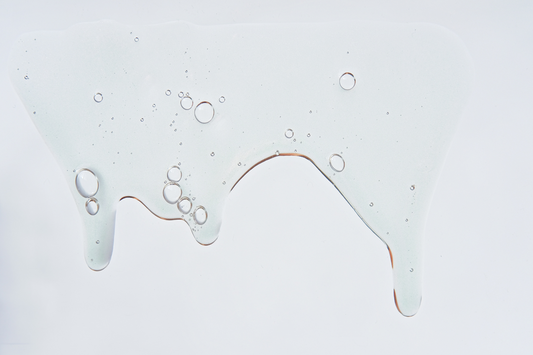Non-GMO! Gluten-Free! All Natural! No Sugar Added! Organic! Most of those claims don’t actually tell you if the supplement works, or if it’s even worth your money. As a tired mom who doesn’t have time (or brain space) to waste, I put together a label scan checklist. Think of it as your BS detector for supplements.
🚫 “Gluten-Free”
👉 Most supplements don’t contain gluten to begin with. It only matters if there are wheat/barley/rye ingredients or cross-contamination in a low-quality facility.
🚫 “Non-GMO”
👉 GMOs rarely show up in supplements except in cheap fillers (corn starch, soy lecithin, maltodextrin). The actual vitamin or mineral isn’t genetically modified — it’s the source.
🚫 “All Natural”
👉 Poison ivy is “all natural.” Doesn’t mean safe or effective. This word means nothing without context.
🚫 “No Added Sugar”
👉 A favorite trick with gummies and powders. They’ll say “No Added Sugar,” but still sweeten with fruit juice concentrate, syrups, or sugar alcohols. Bottom line: sugar is sugar.
🚫 “Organic”
👉 Here’s the rule:
- 100% Organic = every ingredient is certified organic.
- Organic = at least 95% organic ingredients.
- Made with Organic = only 70% organic ingredients (the rest can be non-organic).
So when you see “Organic” on a bottle, it doesn’t mean the whole thing is squeaky clean. It just means it barely hit the minimum threshold.
🚫 “Clinically Proven”
👉 Sometimes means: “We found one small study on rats and are using it to market this to you.” Unless the product itself has been studied in humans, this phrase is usually smoke and mirrors.
🚫 “Pharmaceutical Grade”
👉 Not an FDA-regulated term. Any brand can slap this on their label to sound official.
🚫 “Proprietary Blend”
👉 A hiding spot for fairy dust. You’ll never know how much of each ingredient is actually inside.
🚫 “Doctor Recommended”
👉 This could mean one doctor somewhere said, “Sure, that looks fine.” It’s not a medical consensus.
🚫 “Sugar-Free"
👉 They’ll swap cane sugar for sorbitol, maltitol, aspartame, or sucralose. If your stomach hates sugar alcohols, watch out.
🚫 “Made in an FDA-Registered Facility”
👉 True, but every legit supplement has to be manufactured this way. It’s not a bonus, it’s the law.
🚫 “FDA-Approved”
👉 Supplements are not FDA approved.
- The FDA does not approve vitamins, minerals, or supplements before they hit the shelves.
- What the FDA does is regulate Good Manufacturing Practices (cGMP) — meaning the facility and processes have to meet certain standards.
- The FDA can also step in after the fact if there are safety issues or false claims.
So if a supplement label says “FDA Approved” → 🚩 red flag. Either it’s flat-out lying, or it’s trying to trick you by confusing FDA-approved drugs with dietary supplements.
✅ What to Look For Instead
- Transparent labels with exact amounts
- Nutrients in usable forms (methylated B vitamins, chelated minerals, collagen peptides, etc.)
- Independent 3rd-party testing or certifications (NSF, USP, Informed Choice)
- No unnecessary dyes, fillers, or “proprietary blends”



